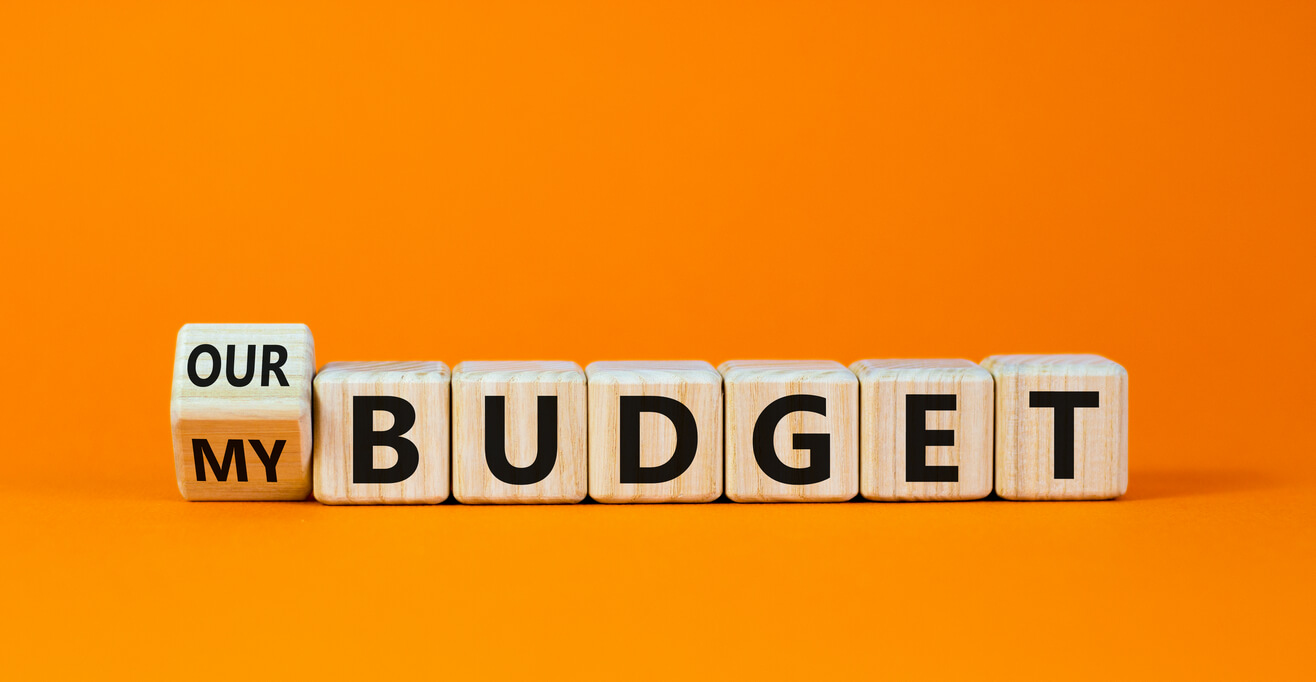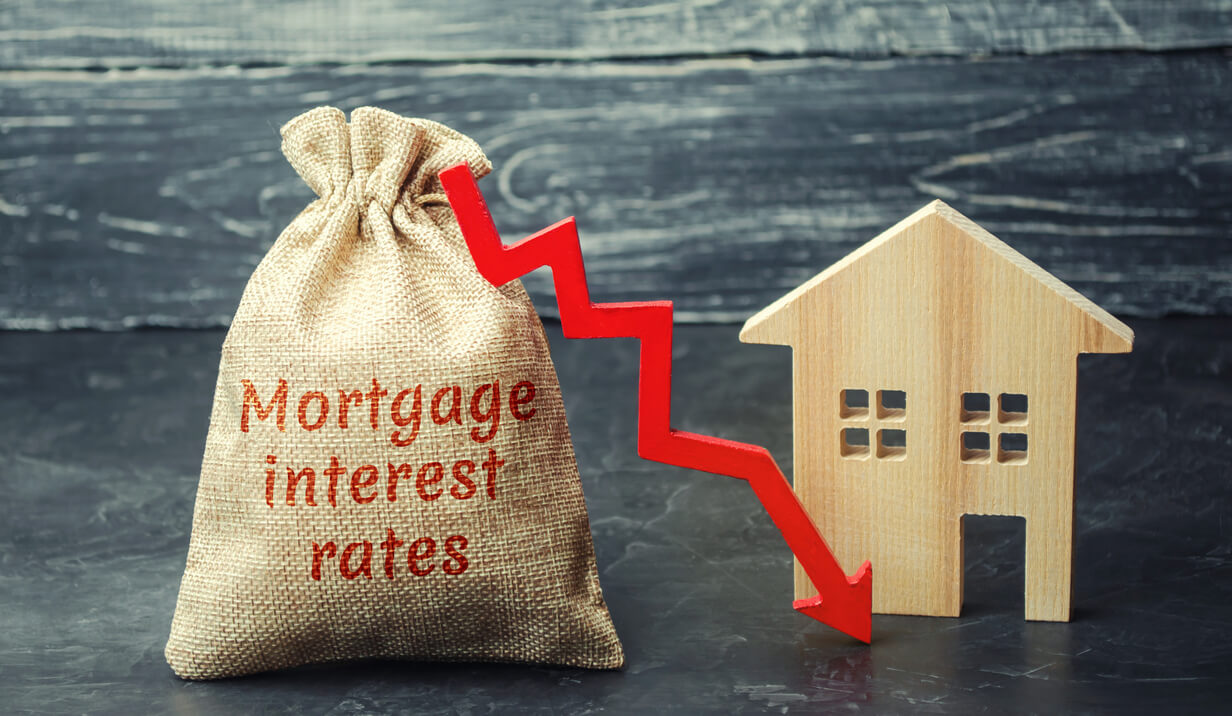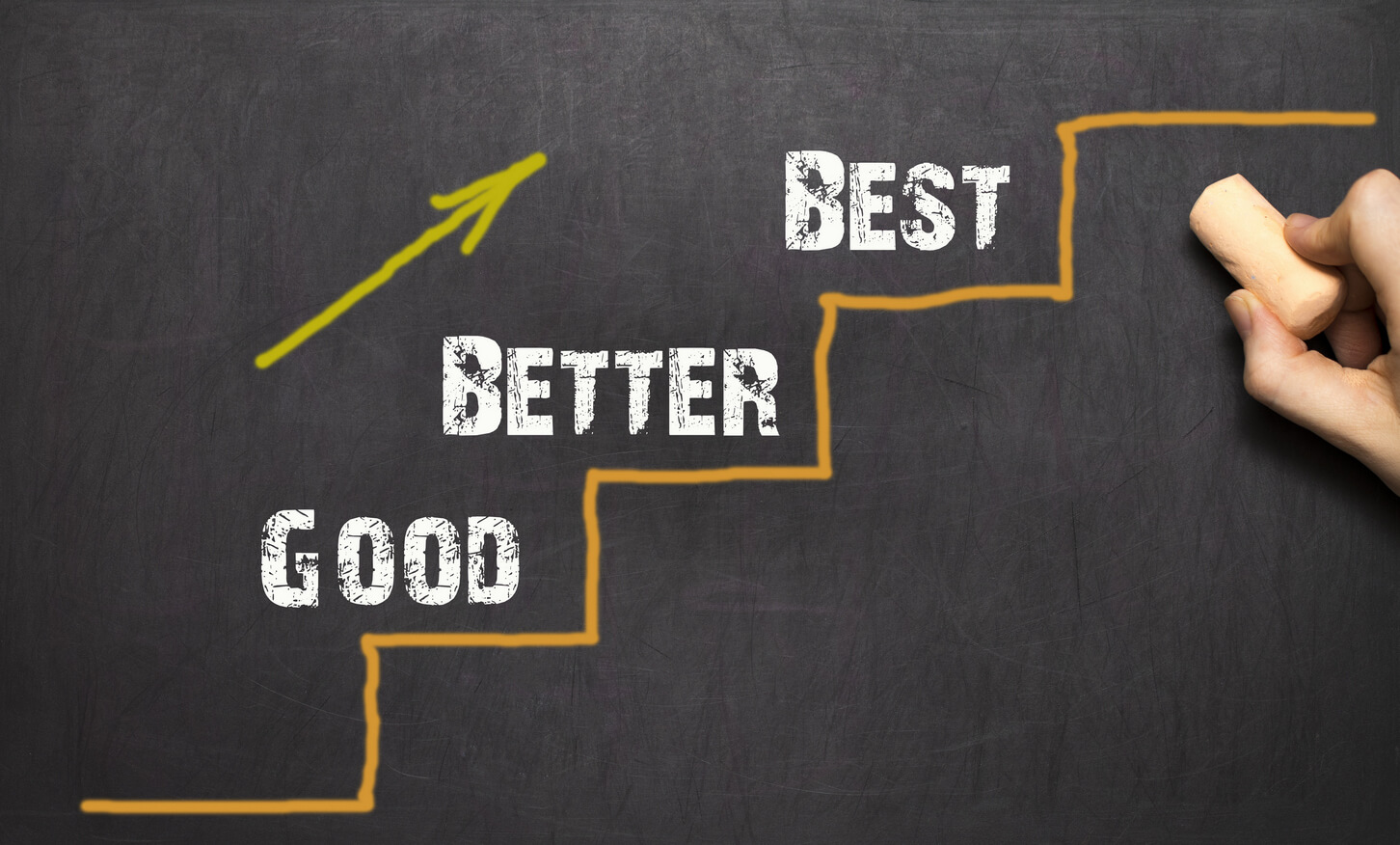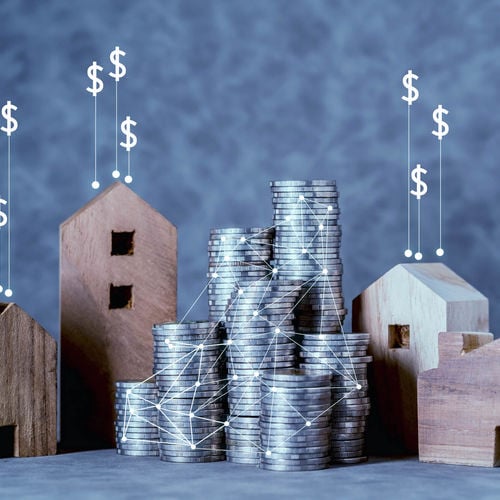If you have additional income after paying your mortgage and other bills, you may be concerned about what to do with it. The financial choices you make today will affect your future, so it’s important to choose thoughtfully when you have extra money.
You could use the funds to make extra payments on your mortgage, or you could invest the remainder while making your standard house payments.
The right choice for you depends on your interest rates, your emergency fund, and your personal preferences.

What to Do Before You Invest or Pay Off Your Mortgage
There are certain steps that you should definitely take before you make the choice to either invest or pay extra on your mortgage. First and foremost, you should pay off your credit cards and other high-interest debts before putting extra money anywhere else.
Holding onto these debts will make it very difficult to succeed financially as the interest will add up dramatically.
Next, it’s wise to pay off your other debts, such as student loans, car loans, and personal loans. Although the interest rates on these loans may be more manageable, the monthly payments can take up a sizable portion of your income.
Paying off these smaller debts reduces your risk of missing a debt payment and frees up more of your income to invest or put toward your home loan.
You should also build an emergency fund to keep in cash or in a savings account. Many Americans cannot cover an unexpected expense of $500. It’s very dangerous to be in this financial situation, especially if you’re a homeowner.
Experts recommend saving three to six months of living expenses in an emergency fund for peace of mind.
Lastly, you should contribute to your 401(k) up to your employer’s match. Not taking advantage of employer matching is throwing money away. If you have extra income leftover after investing in your 401(k), it’s now time to consider either making extra mortgage payments or investing the rest.

Paying Down A Mortgage
The main argument in favor of paying down your mortgage is that debt is risky and that unexpected events happen all the time. Unemployment, medical bills, and other difficult situations can put a serious financial strain on your household.
One missed payment on any debt, including your mortgage, can have severe consequences. You could face late fees or derogatory marks on your credit report, or you could even default on the mortgage and lose your home.
An emergency fund helps to mitigate this risk, but paying off your mortgage and becoming debt-free will give you the ultimate peace of mind. You can’t lose your house to the bank if you own it in full. Then, once you’ve gotten rid of your monthly mortgage payment, you have plenty of extra income every month to save and invest.

Investing
Some experts prefer investing over paying off your mortgage early. In many cases, this option makes more sense mathematically. The typical return in the stock market is 7 percent, and the average interest rate for a 30-year mortgage is 4.5 percent.
At these rates, investing in the stock market will result in more wealth than paying your mortgage down quickly.
If you need extra money for a big expense, it can be easier to tap into investments, too. A home equity loan could be an option if you’re focused on paying off your mortgage, but many people prefer liquidating investments instead.
You should consider your taxes, too. Those who itemize their deductions can claim payments on their mortgage interest, which is a major money-saver for homeowners in the first few years of their mortgage.
At this point, most of the monthly payments go toward interest, so you could deduct most of your mortgage payments on your taxes if you’re a new homeowner.
It could be a better financial option for you to pay your minimum mortgage payments, claim the deduction, and put your extra cash toward investments.
However, with changes in the tax code in recent years, fewer people are itemizing their deductions.
You’ll have to calculate whether it’s better for you to itemize or take the standard deduction to see if taxes are a factor in your decision.

Which Is Better?
Different financial experts have different opinions about which option is better. Some view mortgage debt as a powerful tool for building wealth, and others recommend paying off all your debts as quickly as possible.
If you have an exceptionally low mortgage rate, it may be mathematically better to invest your extra income instead of paying more on your mortgage. Investing early is key because of compounding interest, so waiting years to invest until you’ve paid off your mortgage might not be the best financial choice.
Personal finance is not just about math, though. You have to consider your own financial habits and values as well as what you feel the most comfortable with. Some people find investments to be uncomfortably risky because you can never perfectly predict what will happen.
For others, holding onto mortgage debt feels riskier because you could lose your home in a financial emergency.
Ultimately, you should make the choice that gives you peace of mind. If you don’t like having debt, you should focus on paying off your mortgage. If you don’t have a problem with paying your mortgage for its full term, you may be happier investing your extra money.
What’s most important is that you carefully weigh your options and choose a path that feels comfortable and sets you up for success.



